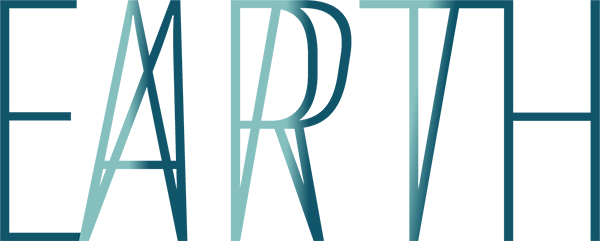The project conceived by Ibrahim Mahama for E.ART.H. is based on themes and practices that he has been investigating for several years now, through the use of salvaged materials, abandoned architecture, recycled and recontextualized objects, through new uses and new creative processes.
Each object carries with it memories, symbolism, traces of places and stories that somehow remain trapped in it. Giving new life – albeit in different areas and with unexpected functions – to these objects means, not only acting ethically and ecologically, but also allowing history to participate in the construction of the future, reintegrating the past into the present and allowing it to shape the future.
After working with jute sacks, originally used as means of transporting goods and reclaimed to become part of large installations that have covered public buildings in various parts of the world, Mahama has reused shoe-shine boxes found in the streets of Accra and Tamale, sewing machines from old industrial sites, decommissioned planes from private aviation companies, and obsolete parts of Ghana’s national railways. It was from disused objects and structures such as these that the artist started to create the nucleus of collages in the exhibition and the large installation conceived as a long, high wooden track that unfolds, occupying the entire corridor of the Foundation.
The title chosen for this Italian solo exhibition, which follows the extensive public intervention at the Porta Venezia tollgates in Milan in 2019 and the participation in the Venice Biennale the same year, borrows a term from the Ghanaian dialect: Voli-ni, which literally means ‘inside the hole’, but is composed of individual particles with their own meanings.
vo: to pull out, extract
li: to transfer, teleport
ni: here and now
Voli-ni therefore indicates an emersion from darkness, from a failed past of defeat, towards the possibility of redemption, regeneration, through a portal that is real (recovered architecture) or imaginary (art).
The exhibition itinerary also provides access to phygital experiences and the metaverse that offer a direct and unprecedented look at Mahama’s work and at the projects he is realising in his hometown of Tamale, thanks to the technological support of Hevolus Innovation and Vodafone.
Biography
Ibrahim Mahama was born in 1987 in Tamale, a city in northern Ghana where he lives and works. He studied painting and sculpture at Kwame Nkurumah University in Kumasi under the guidance of his professor and mentor karî’kachä seid’ou, and earned a master’s degree in painting and sculpture in 2013.During university,he started to work on installations that reflect themes of globalization, labor, and the movement of goods, with works made in collaboration with local communities.
He has participated in numerous public exhibitions including Documenta XIV, the Venice Biennale 2015, 2017, and 2019, the year the Ghanaian pavilion is established.
He received the Pino Pascali Award, from the Pino Pascali Foundation, and the Prince Claus Award, from the Dutch administration, an award that aims to support artists active in culture and social development, especially in challenging environments.
In 2019 Mahama opened the Savannah Centre for Contemporary Art (SCCA), a foundation run by a group of artists and curators active in Ghana, which was followed by the establishment of Red Clay in the suburbs of Tamale. This large facility incorporates artist studios (including his own), research spaces, an artist residency, a permanent collection of artworks, workshop rooms (some set up inside old decommissioned airplanes), and large plots of land dedicated to various types of cultivation. All of this contributes to his visionary desire to take an active part in the economic, social, and cultural development of his country, providing powerful incentives and teachings to new generations, to make the local population as participatory and economically self-sufficient as possible.



